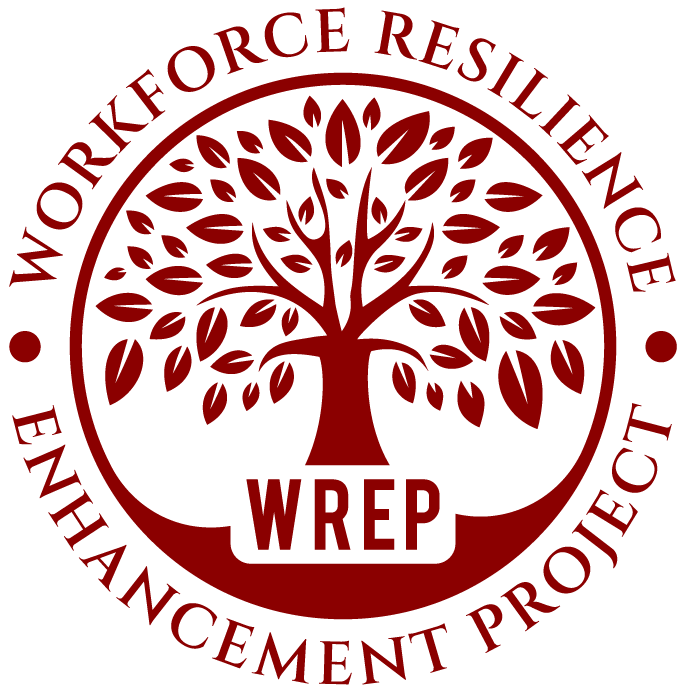Trauma-Informed Workforce Development
The Workforce Resilience Enhancement Project emphasizes the importance of attending to people’s psychological and emotional well-being in maximizing their preparedness for entering, re-entering, and advancing in their careers.

Subscribe for Resource Updates
Stream Workforce Development Podcasts
HR Leaders Podcast
The Wake Up Eager Workforce Podcast
The Wake Up Eager Workforce Podcast
Latest Resource Updates
Brief 7: Help Clients Build Their Confidence and Self-Esteem
As a workforce development professional, you are likely to encounter many clients who have difficulty at work associated with poor self-esteem and lack of confidence. Addressing these issues becomes an important aspect of the work that you will engage in together. In addition, many of us also experience these difficulties ourselves, especially as we contemplate helping others whose lives are incredibly challenging.
Brief 6: Assessing and Discussing Client’s Traumatic Experiences
In this article, we will review the context for understanding different types of traumatic life experiences, assessing symptoms and consequences, and planning treatment. We recognize that you face incredible challenges in your work every day and want you to feel supported through this process.
Brief 5: Supporting Clients Impacted by Community Violence
The prevalence and ongoing threat of violent crime in communities affect the health and emotional well-being of those who live in them. In neighborhoods with high levels of violence, it is not uncommon for residents to have been injured, witnessed shootings, or lost a loved one to violent death. These experiences can lead to Posttraumatic Stress Disorder (PTSD) at rates comparable to those seen in combat veterans. Whether or not violent episodes lead to the development of PTSD, living with the ongoing threat of violence has a pervasive effect on people’s day-to-day lives and functioning.




